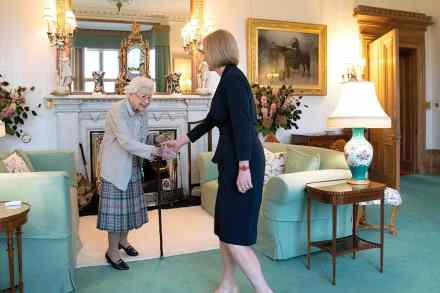The Prime Minister’s tribute to Elizabeth II
We are all devastated by the news we have just heard from Balmoral. The death of Her Majesty the Queen is a huge shock to the nation and to the world. Queen Elizabeth II was the rock on which modern Britain was built. Our country has grown and flourished under her reign. Britain is the great country it is today because of her. She ascended the throne just after the Second World War. She championed the development of the Commonwealth – from a small group of seven countries to a family of 56 nations spanning every continent of the world. We are now a modern, thriving, dynamic nation. Through thick




















